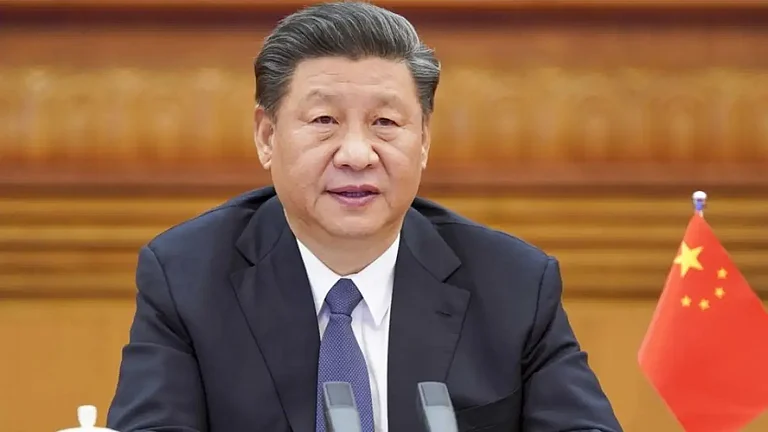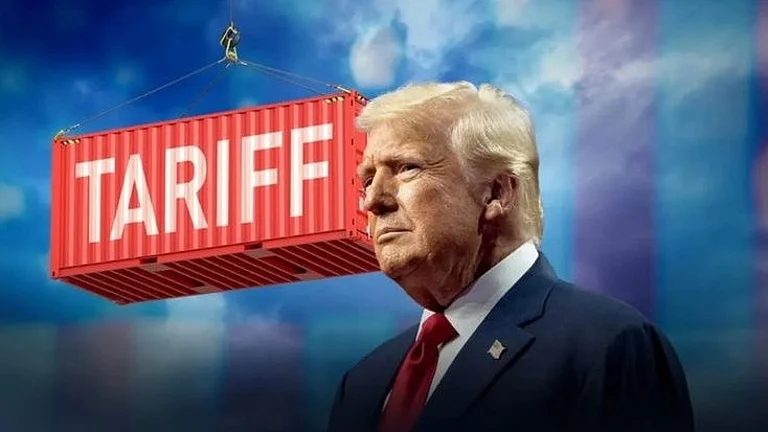US President Donald Trump’s latest executive order, adding to a flurry of orders after his inauguration, has directly hit India. He has asked the US Secretary of State to modify or rescind sanctions waivers given to Iran’s Chabahar port, a project in which the Indian government has spent millions to develop.
Trump’s executive order, termed "Maximum Pressure on Iran," is aimed at stripping the country of its nuclear enrichment plans and “driving its oil exports to zero.”
According to a new Hindustan Times report, the Indian government is assessing the potential impact of Trump’s move. Reports say Prime Minister Narendra Modi, in his upcoming visit to Washington next week, is likely to raise the issue.
Why is Chabahar Port important for India?
Positioned near the Strait of Hormuz and the Indian Ocean, the port offers India a strategic location. It is seen as key to expanding trade with Central Asia and Eurasia while circumventing Pakistan’s Gwadar port. The project is also seen as a possible counter to China’s Belt and Road Initiative.
India and Iran signed a memorandum of understanding (MoU) in May 2015 to develop the Chabahar Port. This was followed by a trilateral agreement with Afghanistan in May 2016 to establish the International Transport and Transit Corridor. India was involved in the development of the Shahid Beheshti Terminal at Chabahar Port, and in December 2018, India Ports Global Limited (IPGL) took over the port's operations.
In May 2024, IPGL signed a 10-year contract with Iran to equip and operate the terminal, with grant assistance of $120 million and a line of credit of $250 million. The 2024 agreement was also aimed at integrating Chabahar with the International North-South Transport Corridor, a trade route that encompasses various modes of freight transport across Eurasia, India, and Central Asia.
According to the Ministry of External Affairs' reply to Parliament in December, since 2018, the port has handled over 450 vessels, 1.34 lakh TEUs of containerised cargo, and more than 8.7 million tons of bulk and general cargo. India has already supplied $24 million worth of port equipment, with more procurement underway.
In the Economic Survey 2024-25, CEA V. Nagaswaran said, "Shahid Beheshti Port at Chabahar connects Mumbai to Eurasia via the INSTC, reducing transport costs and time, leading to a 43% increase in vessel traffic and a 34% rise in container traffic for FY24."
Sanctions waivers offered to Chabahar
Washington issued a sanctions waiver to Chabahar in 2018 to enable the port to aid reconstruction efforts in Afghanistan. At the time, the US administration was supporting the then-Afghan government in fighting terrorism and rebuilding the nation after the Taliban takeover.
However, in 2020, the US withdrew from Afghanistan, and the rationale for the Chabahar waiver is no longer applicable.
As for the relations between the nations, India is one of Iran's top trade partners, ranking fifth in importing non-oil goods from Iran. In FY24, India imported $2.2 billion worth of non-oil goods from Iran, a 2% increase from the previous year, and exported $1.9 billion to Iran, a 36% decline. However, the bilateral trade between India and Iran totaled $4.1 billion, significantly lower than the $21 billion recorded in 2018, after the Trump administration pulled out of the nuclear deal with Iran and imposed sanctions.
































